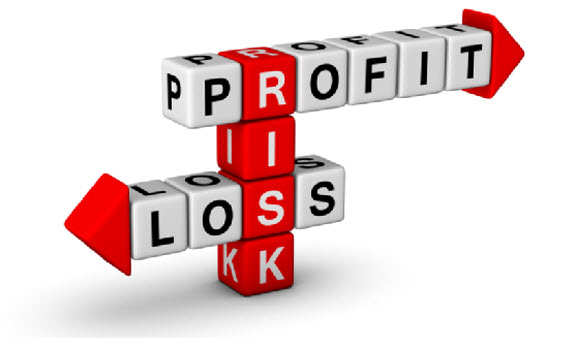
While property markets around the world fluctuate on a regular basis, in line with domestic/worldwide economies, rental income is the key to long-term property investment success. If you take a step back and look at the situation from a distance, rental values continue to rise because of demand for private rentals in the UK. So, whether short term house price growth is negligible or dips into negative territory for a short time, this is unlikely to impact your rental income.
It’s never wrong to take a profit
It is fair to say there will be occasions where you acquire a property as a buy to let investment and it unexpectedly jumps in value. Whatever your long-term strategy there is nothing wrong in taking a profit which was perhaps not factored into your figures. You may need to research in depth to find a “better value” property to replace the one you sold but there will always be opportunities. However, if you take a long-term approach the benefits can be huge.
Taking a long-term approach to property rental
Let us say for example, you take out a 20 year mortgage on a property which you rent out to tenants. Assuming it is a capital and interest repayment arrangement, at the end of the 20 year mortgage the loan would be paid off and you would have 100% equity. In theory your tenants have paid for the property although you have obviously given time, effort and no doubt some finance towards maintenance along the way. It is safe to say you could end up with an asset worth well in excess of £100,000 which has been paid up in full and still earns rental income for you.
Gearing up your assets
Let us say for example you acquired a property worth £100,000 consisting of a £25,000 deposit and a £75,000 mortgage. If after 10 years the property was worth £150,000 and your mortgage had reduced to £35,000 then your initial 25% equity has increased to circa 76%. You have a £115,000 equity interest in the property. So in theory your mortgage has halved but your rental income is likely to have increased year-on-year. At this stage your rental income will likely be significantly greater than your monthly mortgage payments (due to 10 years of standard inflation as well as increased demand for private rental properties). So how can you maximise this financial position?
If you were to remortgage your property on a 50/50 basis, thereby leaving 50% equity and taking out a £75,000 mortgage, you could use the surplus £35,000 as a deposit on another property. A 25% deposit would cover a property with a value of around £140,000. So in effect you have funded a deposit on a second property using profits from your first property. The idea would then be to find tenants willing to pay a rent that would cover your second mortgage and any additional expenses you may have.
The added kicker
As we mentioned above, the chances are that 10 years of rental uplift on your first property would have created a significant monthly surplus when deducting mortgage payments. This could be used to make additional payments to the first or second mortgage, thereby increasing your equity stake and reducing your liabilities at an enhanced pace. In some cases it may be an idea to draw down this surplus income to cover your own living expenses and lifestyle.
Imagine if you could repeat this process time and time again, you could end up with a significant property portfolio. By retaining at least 50% equity in each property, you have significant financial headroom in the event of unforeseen problems. While it sounds too easy to be true, this is the principle behind long-term successful investment in property. Retain a healthy financial cushion between income and expenses while “making your asset work”.

